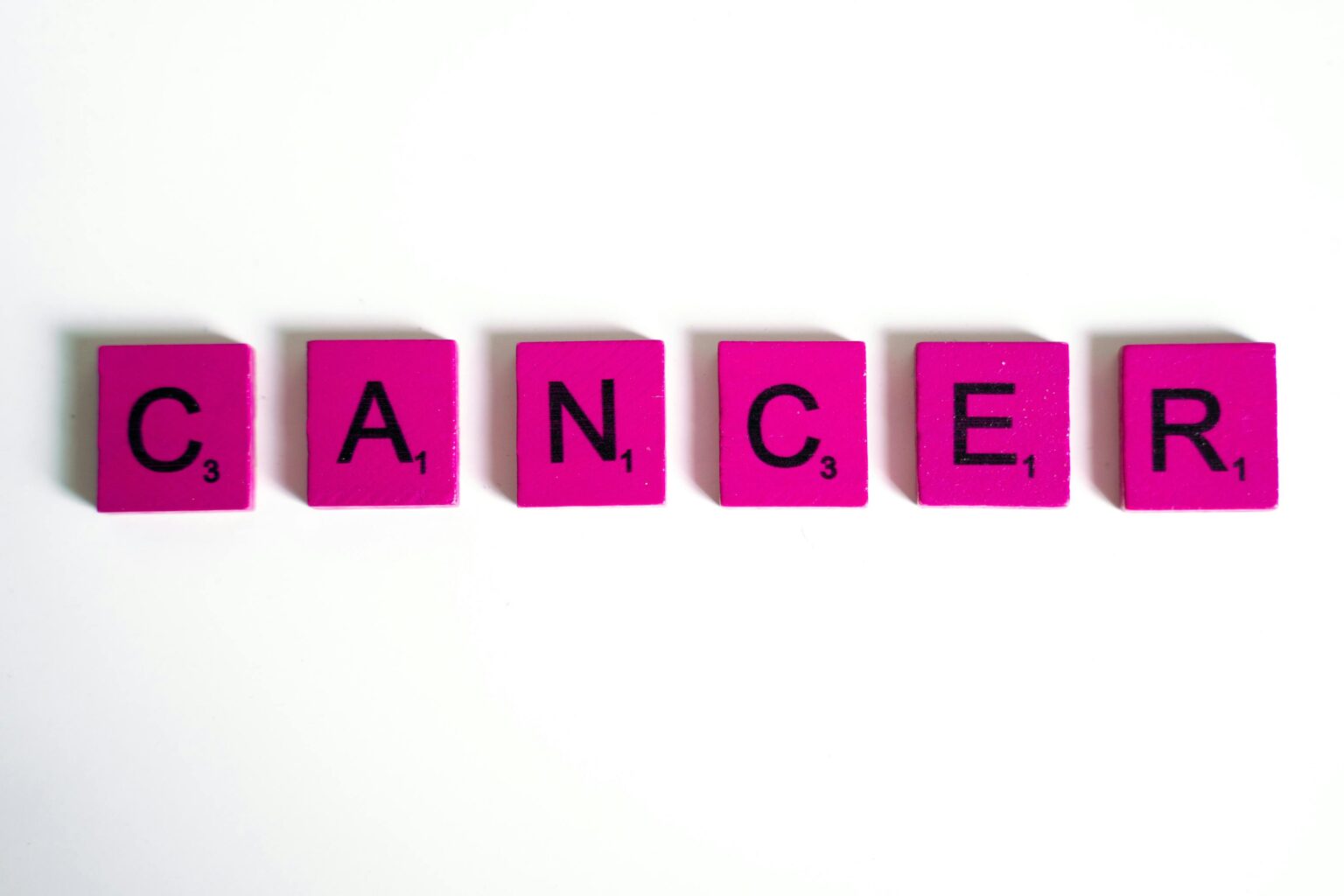Cancer, a ravaging disease has led South Africa to embark on a groundbreaking initiative. This is to combat by directly collecting data from patients for the first time. This crucial step will empower policymakers to shape national control strategies and resource allocation more effectively. In which to improving care in South Africa and across Africa as a whole.
The Burden of Cancer in Africa
According to the World Health Organization, an alarming number of new cases are diagnosed in Africa each year. The estimates reaching approximately 1.1 million. Additionally, it tragically claims the lives of over 700,000 individuals annually on the continent.
Limitations of the Existing System
For decades, the NCR has relied primarily on a pathology-based system for data collection. This method, heavily dependent on laboratory data, provides an incomplete picture of the national cancer landscape. Liver cancer, for instance, are often identified through radiology, tumor markers, and clinical evaluation, bypassing the traditional laboratory analysis.
Population-based data collection systems, utilizing surveillance officers, are also employed in South Africa. However, these systems are limited in scope, operating only at two sites nationwide and incurring high operational costs.
A Collaborative Approach to Data Collection
A new collaboration launched on January 31st, 2025, between the NCR and the non-governmental organization. Living with Cancer South Africa, marks a significant shift in data collection strategy. This innovative partnership empowers patients and their loved ones to create their own online records. By registering on a dedicated digital platform, individuals affected by it can log their illness details, including supporting evidence, similar to the information required by the NCR from laboratories.
Envisioning the Impact
The anticipated improvement in registry data is expected to translate into tangible changes on the ground. By providing a more comprehensive picture of the national burden, this initiative will inform the development of effective national policies and resource allocation strategies.
Addressing Data Gaps
The South African legislature established the legal requirement for cancer reporting in 2011.However, the pathology-based system has inherent limitations, resulting in data gaps. Cancers diagnosed outside of the laboratory system often go unreported. As previously mentioned, researchers frequently identify liver cancer through methods beyond traditional laboratory analysis.
If the National Cancer Registry (NCR) team does not find a patient registered in the Living with Cancer database in the National Cancer Registry, they will contact the healthcare facility that confirmed the diagnosis.This proactive approach ensures the capture of not only the missing patient’s data but also all unreported cases since 2011.
Capturing Historic Data
The new system extends beyond current patients, allowing family members to register historic cases, even for deceased individuals. Belinda Wagner, managing director of Living with Cancer South Africa, established the organization in 2017 after her own diagnosis with a rare form of cancer. “This initiative empowers patients who have walked the journey,” Wagner shares with SciDev.Net. “By contributing their data, they are actively contributing to the fight against it.” Living with Cancer South Africa plans to further bolster registration by equipping NCR surveillance teams with tools to assist patients in the registration process.
A Call to Action
Zodwa Sithole, head of advocacy at the Cancer Association of South Africa, applauds the inclusion of patients in the data collection process. “Meaningful engagement with people living with cancer allows them to become key partners in shaping and evaluating control policies, programs, and services,” Sithole emphasizes.
Health and fitness is one of the things we love the most. Click here and get more information on it.
